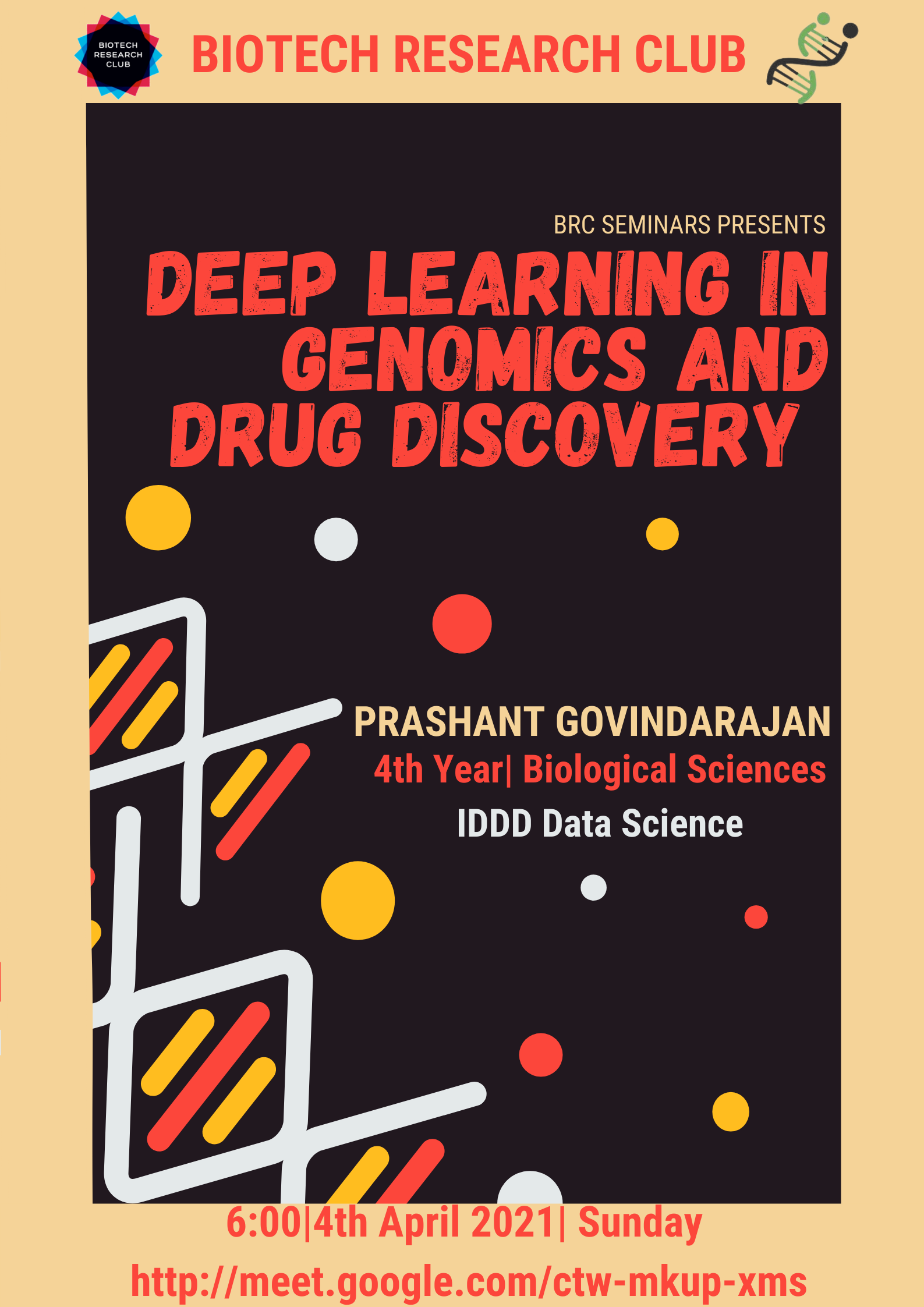Deep Learning in Genomics and Drug Discovery

Abstract
The advancements in neural network-based deep learning techniques have motivated Computational Biologists to develop and implement state-of-the-art algorithms to address issues in Life Sciences, Medicine and Healthcare. Nearly all deep learning architectures, right from Feedforward, Convolutional and Recurrent Neural Networks to more recent Generative Adversarial Networks and Transformers, have profound applications in various avenues in Bioinformatics – Genomics, Protein Folding, Medical Image Analysis, Neuroscience, Drug Discovery and so on. This talk will provide two such examples – 1) Deep generative variational autoencoder for single-cell RNA-seq analysis, and 2) Attention-based Transformer model for de novo generation of drug-like molecules. The former is about implementing an unsupervised deep learning algorithm called variational autoencoder for clustering and characterizing single-cell RNA-seq data. The second part of the talk will be on training a modified Transformer model to generate potential drug-like molecules that can induce a given gene expression profile. In both cases, the advantages, disadvantages, similar works and scope for further improvement will be discussed.
Biography of the speaker
Prashant is a 4th-year student pursuing an Interdisciplinary Dual Degree in Biological Sciences and Data Science, at IIT Madras. His research interests are in the intersection of Artificial Intelligence, Data Science and Computational Biology. He had previously worked on projects that involve implementing cutting-edge data-driven approaches for the analysis of high-dimensional and multimodal biological data.